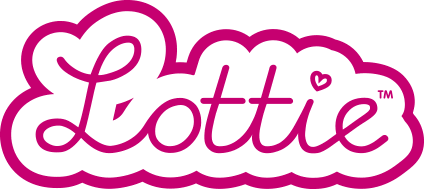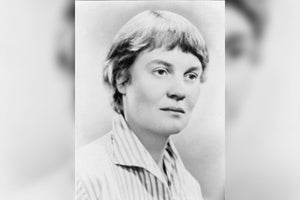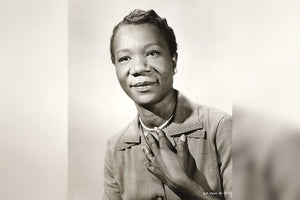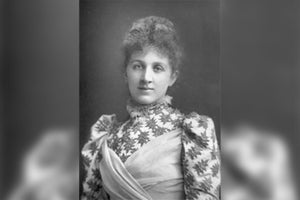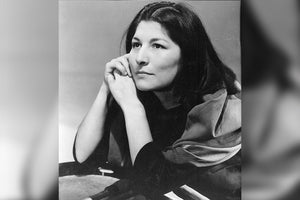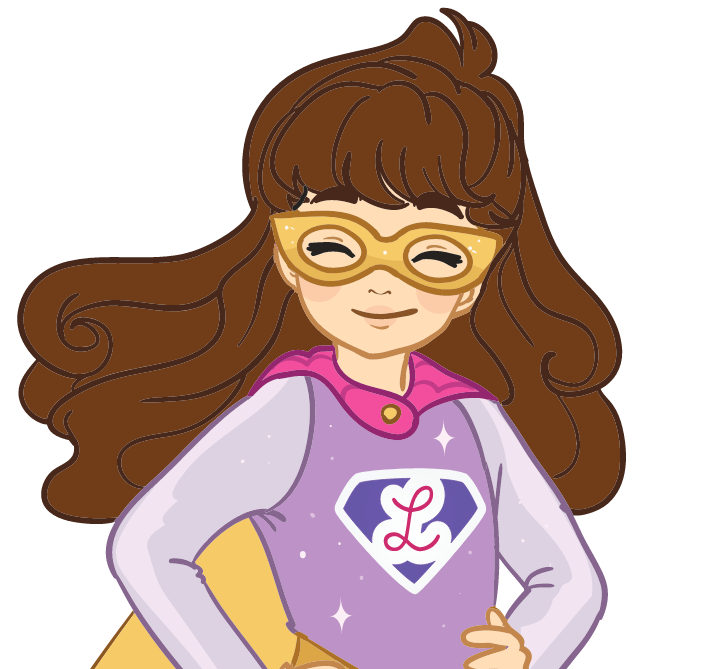Birthday- March 12, 1921
Who is Edith Cowan?
Edith Cowan was an Australian social reform worker who championed children's and women's welfare and rights. She is popularly known for being the first-ever Australian woman who served as a member of parliament.
Five Facts about Edith Cowan
- Edith Cowan's portrait is seen in the 50-dollar Australian note since 1995
- She is related to John Wittenoom and Thomas Brown, who were one of Australia's early settlers.
- She lost her mother at the tender age of 7 due to childbirth.
- Her father was executed when she was 15 years old because he murdered her stepmother.
- She was taken in by her grandmother after she became orphaned until she married at the age of 18.
Inspirational Quotes from Edith Cowan
"One says that I cannot achieve. Well, that one now says, 'I cannot think properly.'"
"Women are very desirous of their being placed on absolutely equal terms with men. We ask for neither more nor less than that."
Edith Cowan Biography
Early Life
Edith Cowan was born as Edith Dircksey Brown, the second daughter of Keneth and Eliza Brown. Her father is the son of the early settlers, and he was a pastoralist and an explorer. Meanwhile, her mother, Eliza, was the daughter of J.B Wittenoom, who was a colonial chaplain, and she worked as a teacher.
At the age of 15, Cowan became orphaned after her father was executed for killing his second wife. She was gravely affected by her father's execution, but she remained a solitary person. She was also committed to social reform, especially with enhancing women's dignity.
After her father died, she left her boarding school in Perth, which her future sister-in-laws ran, and transferred to Guildford to be with her grandmother.
Mission and Work
Women and Children's Welfare
Cowan co-founded the Karrakatta Club in 1894, which is a group of women who educated themselves for the type of life they believe they can achieve. During this period, she became its president and trustee. She is also a life-long member of this group.
The group became involved with campaigns for women's suffrage and was successfully able to push the right for women to vote in 1899. After that, Cowan became more focused on welfare issues.
She showed a lot of concern for women's health and the welfare of marginalized groups such as children. She then became an active member of welfare organizations and women organizations, leading several committees during her time.
Some of the notable achievements were the building of the King Edward Memorial Hospital for Women in Perth. In 1916, she also helped create the Women's Service Guilds and co-founded the National Council of Women. She served as the president of this organization from 1913 to 1921. She later took on the role of vice-president until the year she died.
Cowan also became a Freemason in 1916. She was admitted to the Australian Federation of Droit.
When the first world war erupted, she collected clothes and food for soldiers who were fighting in the front lines. She also helped coordinate care for soldiers who recently returned from war. In 1920, she became part of the Order of the British Empire as an office.
Politics
Western Australia passed legislation that allowed women to be part of the parliament in 1921. Cowan then became the nationalist candidate for the West Perth legislative assembly seat because she believed that social and domestic issues were not given enough focus.
She had a surprise victory against the attorney general, who ironically enabled her to run as a candidate in the first place. This made her the first-ever female to be part of the Australian parliament.
Her main agenda was for women's rights. She pushed for legislation that will allow women to be included in the legal profession. Unfortunately, she was not able to hold her seat in the following election.
Legacy
Cowan died on June 9, 1932, after a long period of being ill. She was 70 years old during that time, and a large public funeral was held to celebrate her life at Karrakatta Cemetery.
The Edith Cowan Memorial clock was unveiled two days after her birth. The memorial is located at Kings Park in Perth. It is believed to be among the first civic monuments dedicated to an Australian woman despite persistent opposition from those who have a gender bias during the said period.
In 1975, Cowan was featured in an Australian postage stamp as part of the "Australian Women" series. The federal Division of Cowan was then established in 1984. This is an Australian electoral division named after her.
In 1991, the Western Australian College of Advanced Education was rebranded and renamed to the Edith Cowan University. In the same year, the same university purchased the old house where Cowan lived with her family at 71 Malcolm Street. It was reconstructed and became the Joondalup Campus of the university.
Her legacy is also present in every Australian fifty-dollar note that has her portrait. Her face has been in the bill since 1995. She was also recognized in the Victorian Honour Roll of Women in 2001.
![]() Fast Shipping
Fast Shipping![]() Subscribe to our Newsletter
Subscribe to our Newsletter![]() 🌟 New Global Competition 🌟
🌟 New Global Competition 🌟

